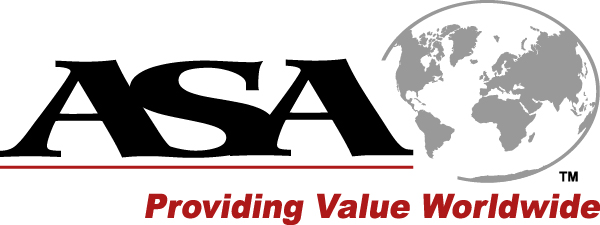Owner's Lack of Diversification and the Cost of Equity Capital for a Closely Held Firm
Capital market theory suggests that undiversified investors may have a higher cost of capital than do diversified investors. Private companies generally trade at a discount to similar publicly traded companies. From a discounted cash-flow viewpoint, this implies that the cost of capital for the private company is higher. We suggest that a large component of the private company discount is due to the entrepreneurial investor's lack of diversification. Using basic capital market theory, we provide a cost of capital model that depends on total risk faced by the entrepreneurial investor. We then propose a methodology based on a certainty-equivalent approach and Monte Carlo simulation to quantify this risk. We also provide a simple case to illustrate its application. Our results suggest that the risk borne by the undiversified entrepreneurial investor is a major contributor to the private company discount through the cost of capital.Abstract
Contributor Notes
Daniel L. McConaughy, PhD, ASA, and Vincent Covrig, PhD, are both Associate Professors in the Department of Finance, Real Estate and Insurance at California State University Northridge. Dr. McConaughy is a Partner at Grobstein, Horwath & Company LLP, where he heads the Economic Analysis & Valuation Services Practice, where also Dr. Covrig is a Senior Analyst.

